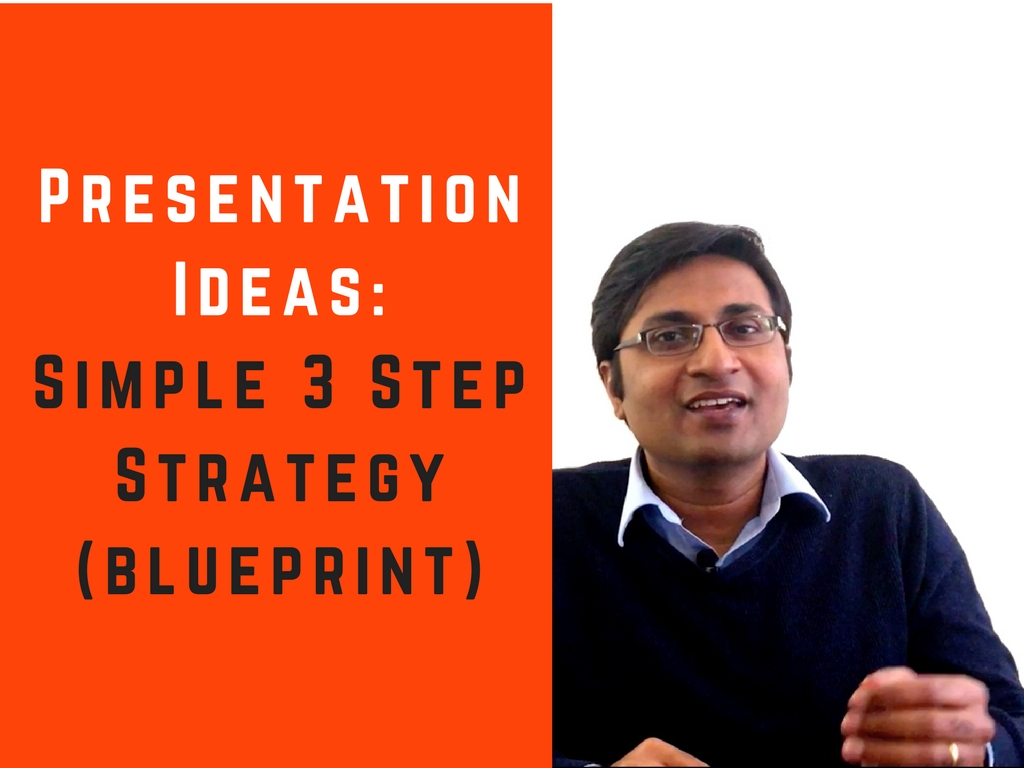So you are struggling to find presentation topics?
Imagine the stage is set.
You are called on stage.
You hear the audience applause as you walk towards the stage.
The applause subsides, and you start, ‘Ladies and gentlemen’; you give an outstanding speech and say those final words ‘Thank you very much’.
Your audience is rejoicing, cheering, and clapping.
How does it feel?
I am sure you will be thrilled.
So, what is the first thing that you need to present an awesome speech like that?
Pat your back if you said a presentation topic. A topic is the first and foremost item that needs to be finalized for your presentation. In the past, sometimes, I thought, anything and everything could be a speech topic but most of the times, I felt all the topics were already taken! When I think about it now, I laugh at myself.
Let us understand the below blueprint on finding a perfect presentation topics.
Note: We’ll use presentation and speeches as synonyms, at least for the scope of this blog post :).
Step 1: Larger purpose of the presentation
Some questions you can ask to find the larger purpose:
- Why are you giving the speech?
- What is the occasion for the speech?
- What type of speech will suit my larger purpose?
Step 2: Presentation topics that interest YOU
Some questions to find your interest:
- What do you know?
- What are you enthusiastic about?
- What are your life experiences?
Step 3: Presentation topics that interest Your AUDIENCE
Some questions to find your audience’s interest:
- What are your audience’s needs?
- Do they belong to a certain age group?
- What are their shared experiences?
When you place the three steps in separate circles and intersect those circles with each other, the sweet spot at the heart of the intersection will result in perfect presentation topics.
In general, speeches types are:
- Informational
- Entertaining
- Persuasive
- Inspirational
The aim of the first step in our blueprint will be to identify your speech’s larger purpose. Before we do that, let us understand the types of speeches.
Informational Speeches: As the name suggests, these are speeches about a specific subject. You will give an informational speech when your objective is to help the audience gain knowledge on the particular subject, or strengthen their current knowledge level. Example: Project presentations, ‘How-to’ speeches.
Entertaining Speeches: People like to laugh and if you can make them laugh from the stage, you will go a long way as a speaker. You can convey a point in a straight forward way or in an entertaining way. You might have seen speeches, which are given in an entertaining fashion. Stand-up acts will fall under entertaining speech category. Humorous speeches also fall under entertaining speech category.
Persuasive Speeches: These are speeches to persuade the audience to accept your point of view. These speeches make the audience think, act or feel your point. These speeches are powerful, as you will have to deal with the psychology of the audience. If you have seen Barack Obama’s acceptance or nomination speeches, they are perfect examples for persuasive speeches. Humor can also be used in a persuasive speech. Motivational humorists use humor to entertain and persuade the audience at the same time.
Inspirational Speeches: These are speeches that will help your audience reach their highest potential. These are powerful speeches where you need to change the way your audience think/feel or act after listening to your speech. Your aim is to convince the audience to do noble things or follow greater ideologies.
Based on above information, do you get an idea of your speech’s larger purpose? If not, go back to Step 1 and answer the questions. You should at least be able to tell what type of speech suits your need or requirement.
Assuming your larger purpose is set, you can explore more direct ideas about the overlapping interests from Public Speaking Topic Secrets.
Note: At a high level, speeches can be classified as Informative, Entertaining, Persuasive, and Inspiring but on a deeper level, speeches are a combination of the above types.
That’s why it might be smart to decide your speech type. Based on that, you can choose your presentation topics.
All the best for your speech topic research.
